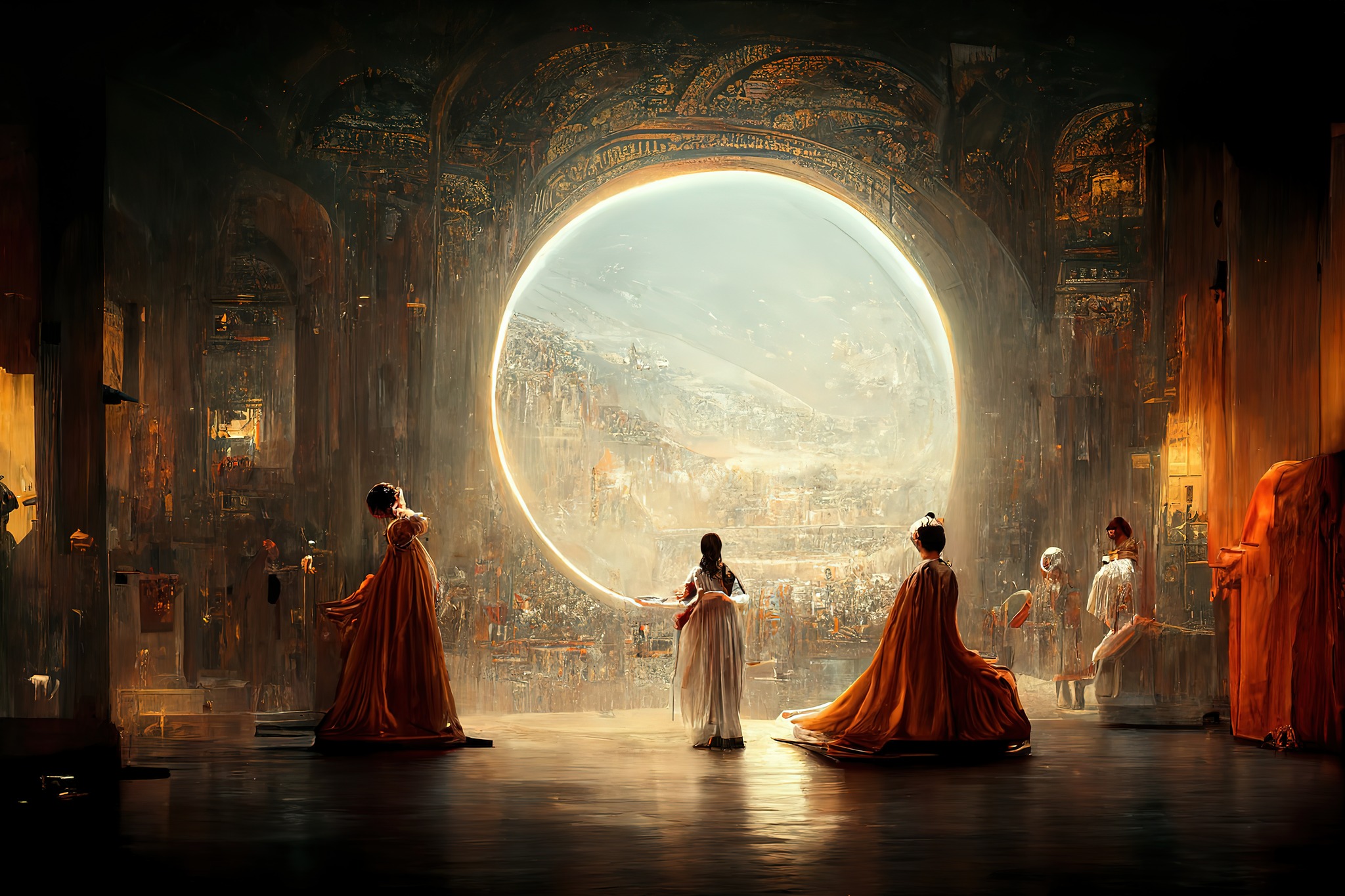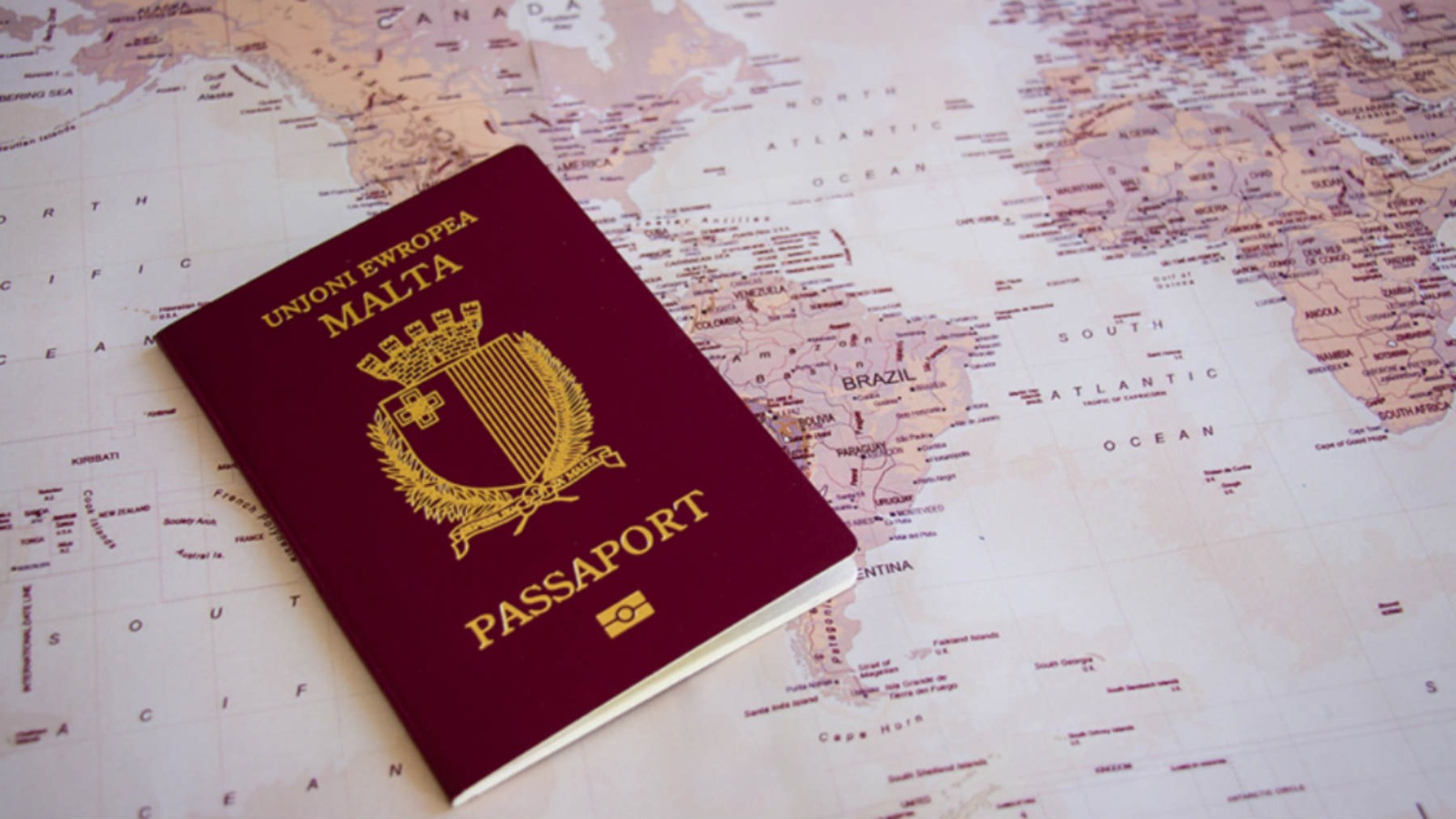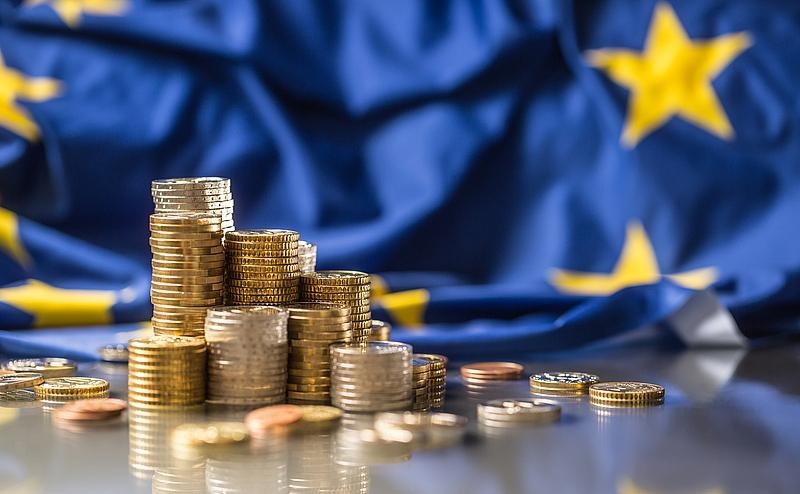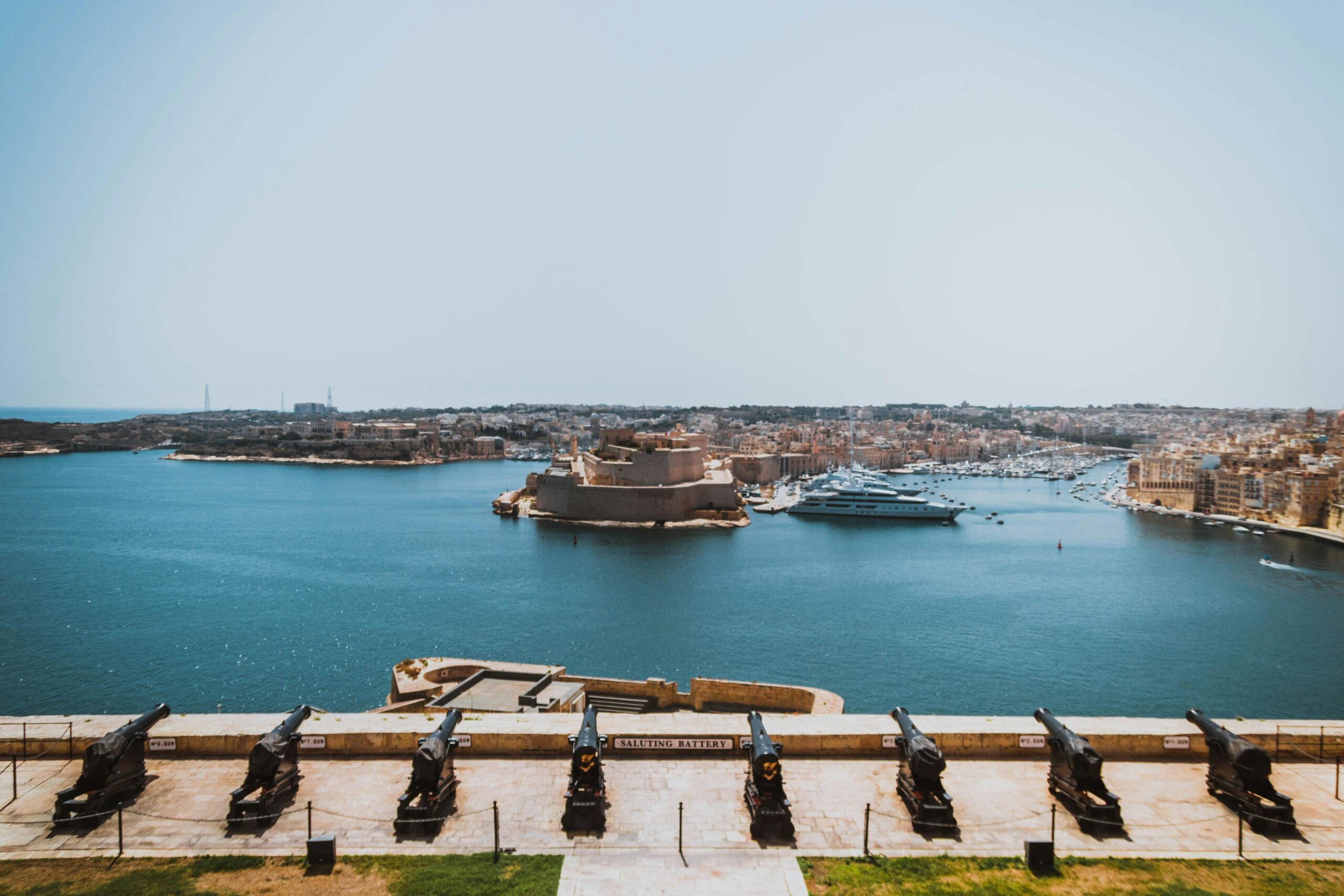Artificial Intelligence (AI) art has taken the world by storm this year, and there’s a good chance you’ve come across it yourself too. You may have noticed a number of your Facebook friends replacing their social media profile pictures with digital art and it’s most likely generated by AI through an app called Lensa. One main issue is that, this is using pre-existing artists’ work without their consent.
AI is usually trained using collections of images sourced from all over the internet, regardless of their copyright status, and apps such as Lensa have adopted Stable Diffusion, a deep learning, text-to-image model released in August of this year. The way it works is pretty self-explanatory, you type what you’d like the AI to produce, and it creates an image to fit the description.
The outcome is that, an individual can either ask for a portrait from an artist and pay them a fee directly and wait for the work to be produced, or else, an individual can pay Lensa less than €10 and receive 50 unique portraits almost instantly, potentially generated using the same artist’s work.
Karla Ortiz, a San Francisco-based concept artist, told CBC news that people using apps like Lensa need to understand that the avatars they’re getting are the product of real labour by millions of uncompensated artists, and said that “The way that machine learning, you know, works, you can’t even take it out. You can’t unlearn your work once it’s trained.”
This raises ethical issues in which, consumers of the app are giving the company data of their face, which is then used to train the AI. The ethical implications go even deeper when, another person may upload your selfies without your consent, training the AI to recognise your face without you ever knowing.
Copyright infringement is also a serious, but deeply complex subject when it comes to AI art, since most copyright laws were created long before AI hit mainstream use. Artists can use the website haveibeentrained.com to search whether their work has been used to train the AI, with some artists reporting that they found that their entire galleries have been uploaded.
You may have also heard of the AI-generated image which recently won an art prize, to which the creator said “I won, and I didn’t break any rules.” Whether this becomes a new field national or even EU regulate time will tell. The EU is already working on rules to harmonise AI rules but art does not seem to covered yet.
Featured Image: Image showing the prize-winning AI-Generated Art: Theatre D’opera by Jason M. Allen
EU Commission unveils record €1.816 trillion budget – but faces an uphill battle on the negotiations table
The plan, touted as 'more strategic, more flexible, more transparent,' seeks to reallocate funds toward competitiveness, defence, and crisis resilience
WeTransfer to train AI on user files
This includes any kind of file, from films, photos, artworks, sensitive information and so on
Malta’s dramatic increase in cost of living: visualised
Price levels rising from 84 per cent to 93 per cent of the EU average






